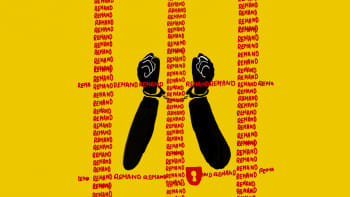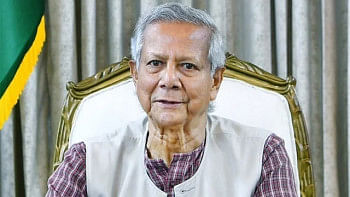Mechanisms to hold the police accountable do exist; why aren't we using them?

In recent times, we have seen disconcerting media reports of police delinquencies and an equally disturbing scenario of a lack of accountability in countering such deviations. An impression is slowly gaining ground that police malfeasance goes on unabated and that preventive and curative measures to halt and check such aberrations are in very short supply. The question is: are countermeasures to deal with police delinquencies absent or not effectively used in public interest?
Ground realities would indicate that our police have multilevel accountability for their actions as well as inactions. They are answerable to departmental superiors; the "Reward and Punishment" chapter in 1943 police regulations elaborately detail the major and minor punishments to be awarded for different kinds of delinquencies and also lays down the procedural requirements in resorting to such action. In addition, there is the Police Officers (Special Provisions) Ordinance, 1976, which includes a summary procedure to take care of serious delinquencies committed by our police members. The complaint herein can be disposed of within 45 days with no provision of appeal; this is in addition to the option of instituting criminal charges, when appropriate, in a court of law. And supervisory police officers are subject to the Government Servants (Discipline and Appeal) Rules, 1985 in the event of delinquent activities. Errant officials can be let go under this rule.
In the police headquarters, there is a security cell – an in-house arrangement – to deal with police delinquencies, particularly corruption, and this cell can recommend departmental action and criminal proceedings whenever appropriate. In addition, there is an internal police oversight committee to deal with police aberrations and failings. Both these arrangements contain mechanisms mandating reporting to the police chief.
Police personnel are also accountable to the subordinate and apex judiciary, as laid out in police regulations, the criminal procedural code, judicial directives, and the standing departmental orders. They are also answerable to the home ministry, the parliamentary standing committee pertaining to home affairs, and the council committee on law and order.

In view of the above deterrent measures to check police delinquencies, one would wonder why such deviations are still occurring in such blatant manner. Surveys have indicated that there is corruption in police recruitment and training. It is, therefore, strongly likely that such victims of corruption resort to illegal and extortionist acts at the very first available opportunity to recoup their investment. The need, quite clearly, is to sanitise the recruitment process by appointing officers with proven integrity to deal with recruitment, and stop the alleged extraneous influence and pressure from interfering in the appointment process.
Experience testifies to the fact that if policemen could be made afraid of losing their jobs, there would be lesser incentives to be corrupt. If the cost of losing one's job is very low as compared to losing the corruption-related money, then the rational choice would obviously be to accept bribes. Police's pay and perks should, therefore, be under constant review so that the incentive to get involved with corrupt activities does not become irresistible. We have to remember that policemen's actions hinge significantly on human liberty, and in the business of law and order, it is primarily an interaction between the powerful and the powerless.
It is also crucial to render police politically neutral. Other countries have achieved such neutrality by placing the police under apolitical control, thus creating a cushion between political expediency and law enforcement. In the absence of such a cushion, people of influence will simply not let the police do their mandated duties. Simultaneously, police will not be able to perform their functions efficiently and effectively without enjoying a high degree of public support for the integrity of its operations. Therefore, it is imperative to bring the police under a system of accountability that earns public confidence.
Police accountability is a subject of great significance. The existing accountability mechanism is not desirably effective. Its replacement with statutory institutions, such as the Independent Police Complaints Authority in Britain or the Public Safety Commission System in Japan, is thus urgent. One of the most important functions of the Public Safety Commission System in Japan is to ensure that police operations are not influenced by the party in power. Being in charge of the administration of the police force in their respective jurisdiction, the apolitical public safety commission at national and prefecture levels are meant to ensure that police are insulated from the day-to-day debilitating influences of political power.
There has been a tendency to hide behind the complexity of policing as a means to excuse poor management and leadership. The police organisation will, therefore, have to evolve to have a shared vision and understanding of a common mission that will increasingly be focused on meeting the community expectations. An overt commitment to enhance the standards of both public safety and police accountability will require the police leadership to lead and manage, not simply run, the force to get results consistent with the mission.
Muhammad Nurul Huda is a former IGP of Bangladesh Police.

 For all latest news, follow The Daily Star's Google News channel.
For all latest news, follow The Daily Star's Google News channel. 






Comments